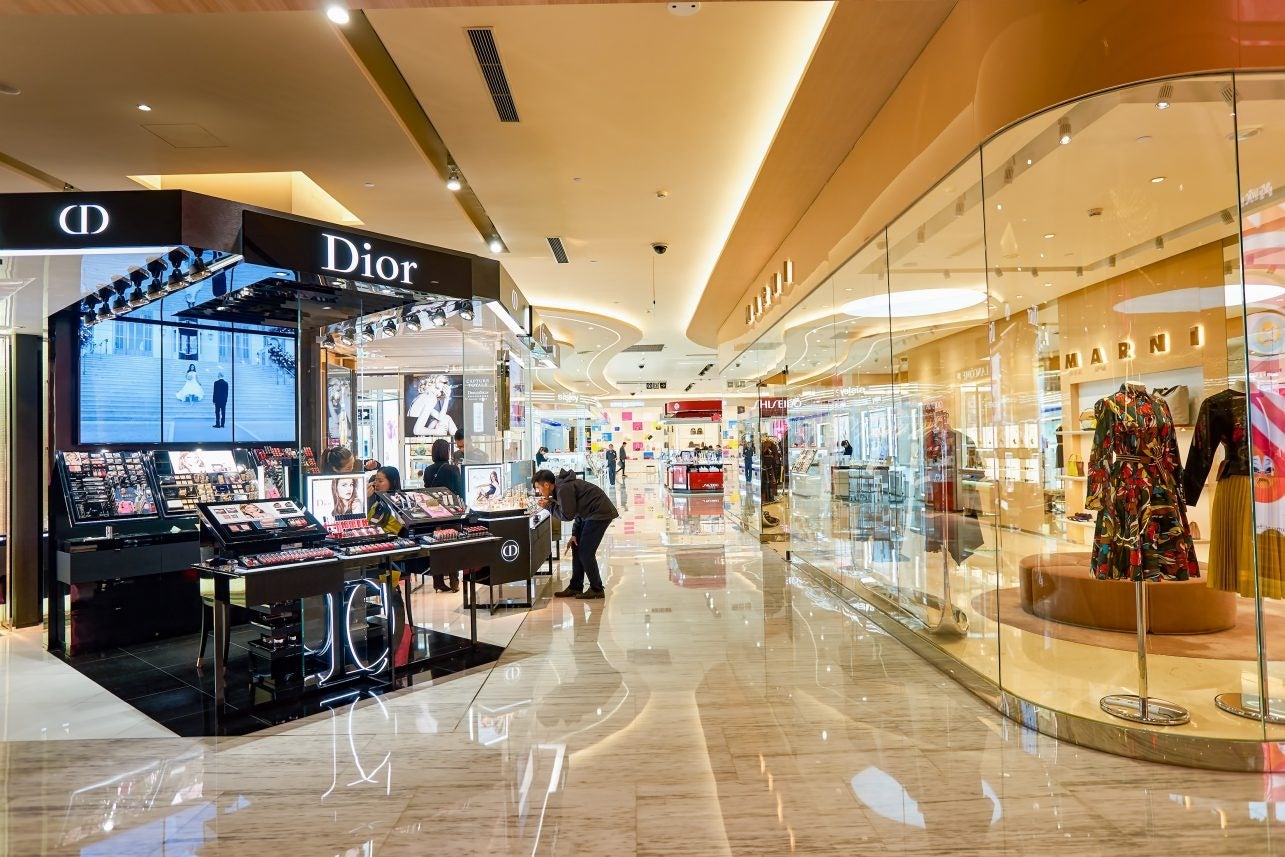Moody's Investors Service on Wednesday slashed China's debt rating from Aa3 to A1, the first time it's downgraded the country since 1989. The credit agency expects the financial strength of the economy to worsen in the foreseeable future as the country’s debt level continues to rise.
China’s debt troubles started with the 2008 global financial crisis when China went on a spending spree building highways and real estate developments that kept the economy humming along. It relied on debt to finance its growth, a practice that continued after the worst of the crisis was over.
But how will the downgrade affect the luxury industry?
Moody’s downgrade “is clearly not a good sign” for the country’s luxury industry, said Luca Solca, the head of luxury goods at the French Investment Firm Exane BNP Paribas, “And (the downgrade) possibly confirms the impression that China is past its macroeconomic peak.”
According to a public statement released by Moody’s on Wednesday, the rating agency forecasts that the country’s economic growth is likely to fall to five percent in coming years, while the government’s debt level will possibly edge up toward 40 percent of GDP by 2018 and 45 percent by 2020.
What matters in the short term for the Chinese luxury market is whether Moody’s downgrade, specifically the economic weakness that it cited as the key factor for the move, will affect consumers spending and general sentiments in the country.
“Consumer spending in China was not immune from the country’s economic slowdown in 2016, as income growth moderates," consulting firm Euromonitor wrote in a note earlier this year.
However, Solca said “rating agencies downgrades have been in the past more of a trailing indicator, than a leading indicator." Therefore, it can hardly have an immediate impact on consumers’ sentiments.
Over the past year, the luxury market in China has overall experienced a rebound from losses in previous years thanks to a combination of supporting factors, including an expanding middle class, rising incomes and rapid urbanization.
According to data compiled by Exane BNP Paribas in a January investors' report, there has been a general pick-up of luxury consumers’ demand on a quarter-by-quarter basis in 2016, both domestically and internationally.
Domestically, in China, the second quarter of 2016 saw 5 percent growth, the third quarter 15 percent, and the fourth twenty-five percent. Internationally, consumer demand fell in the first and second quarter, but the trend reversed in the third and fourth quarters when it grew by five and fifteen percent, respectively.
Solca also believed that the downgrade would not affect the enthusiasm of international luxury brands about their plans to enter or expand their market in China in the short run. As a matter of fact, a great number of luxury brands, such as Coach and Burberry, have gained the biggest growth in the region in the first quarter of this year, according to financial reports released by a slew of brands in the past month.
Overall, it looks like the Moody’s downgrade will have little immediate impact on the luxury market in China. The same Euromonitor report forecasted that Luxury Goods in China would be the seventh fastest-spending category in 2017, while Exane BNP Paribas expected China and the Chinese to make a healthy contribution to the growth in global luxury spending this year.


